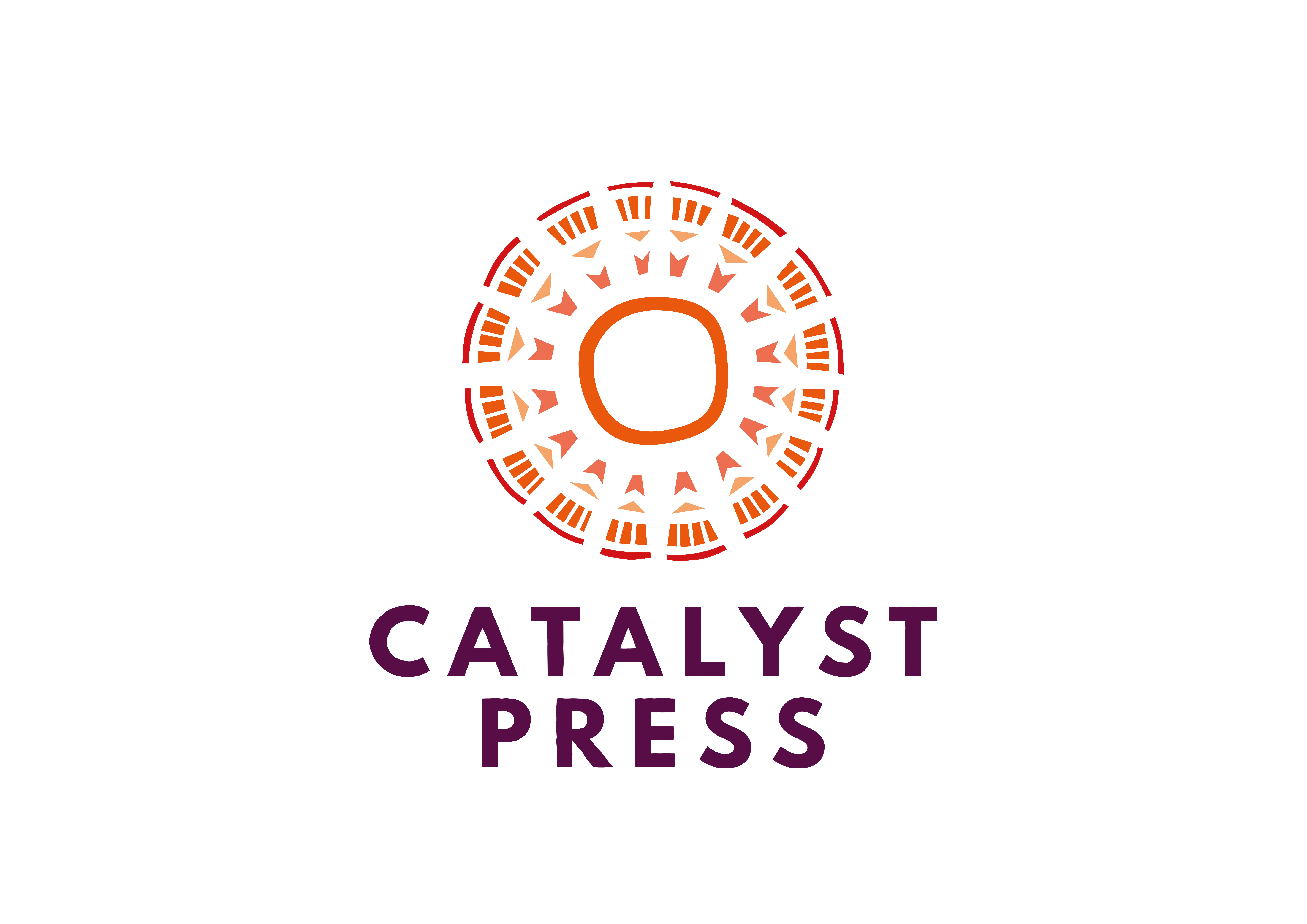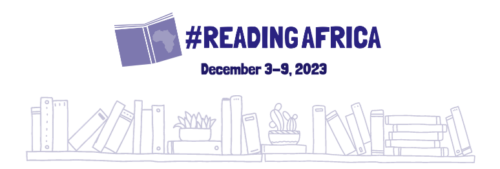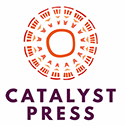I (and by “I,” I mean me, Ashawnta Jackson, part of Catalyst’s marketing and publicity team, don’t get too personal on this blog. Usually, there’s no reason to; this whole site is about our amazing authors and illustrators, and the public-facing work that Jessica, our founder, and SarahBelle, our South African office head do. I’m am happily behind-the-scenes. I thrive in anonymity. But when we decided to add diasporic writers to this year’s #ReadingAfrica Week celebration, I realized that it was going to be hard to be as anonymous as I usually am. That’s because when I think about borders and home and belonging, it brings up so many feelings.
This (and by “this,” I mean the USA) is the only home I’ve ever known. I don’t have deep connections to far away places. I have here. This piece of the Earth that I didn’t choose, but claim nonetheless. Being part of the African diaspora, to me, sometimes feels both expansive and limiting. Expansive because I am a part of a community that stretches across the globe, each of us holding on to our traditions and meanings despite many (many!) efforts to wrest those away from us. Limiting because even as part of that community, I know that there are pieces of me that I won’t ever and can’t ever know. That is a border that was erased for me long ago. I may be borderless, but I am not without a home. For me, home is the smell of my mother’s gumbo simmering on a cold day. It’s the lilt in my father’s voice, generations of Louisiana making it musical. It’s the taste of sugar cane at my grandfather’s farm.
And it is also reading the works of people like me, but not like me. My heritage reflected back in samba, soca, jazz. In peas and rice, pikliz, and chow-chow. And of course, in the amazing literary traditions of the diaspora.
We end this week (well, last week, but there were some delays), with writers from the diaspora. Writers who have created home around the world, but still tethered to an ancestral homeland. What we may have lost is precious, without a doubt. But what we have gained— this community of people bound together by schisms and displacement, by migration and rebuilding— is precious, too.
The border between Somalia and Kenya, like many borders around the world, was drawn based on colonial legacies, without considering the lived experiences and realities of the people affected. As a Pan-Africanist and former refugee who crossed the Kenyan border while fleeing from the civil war in Somalia, I hold a personal view that the borders represent significant challenges, separation from loved ones, and hindrances to seeking safety and better opportunities. I believe it is crucial to acknowledge the human aspect of borders and work towards solidarity and creating more compassionate policies that recognize the plight of refugees and displaced communities. —Sahra Noor, entrepreneur.

For further reading:
Electric Literature “8 Jamaican Women Writers You Should Be Reading”
Publishers Weekly, “8 New Works of Science Fiction Influenced by Africa and the Diaspora”
The New Daughters of Africa is an anthology edited by Margaret Busby, and features “the work of more than 200 women writers of African descent, celebrating their artistry and showcasing their contributions to modern literature and international culture.” From the Guardian: “From Ayòbámi Adébáyò to Zadie Smith: meet the New Daughters of Africa”

The New Yorker, “The Scholar Who Chronicled the Afro-Latino Experience”
The Afro-Latin American Research Institute at Harvard University
LitHub, “Beyond Beaches and Cocktails: A Reading List of the Caribbean”


